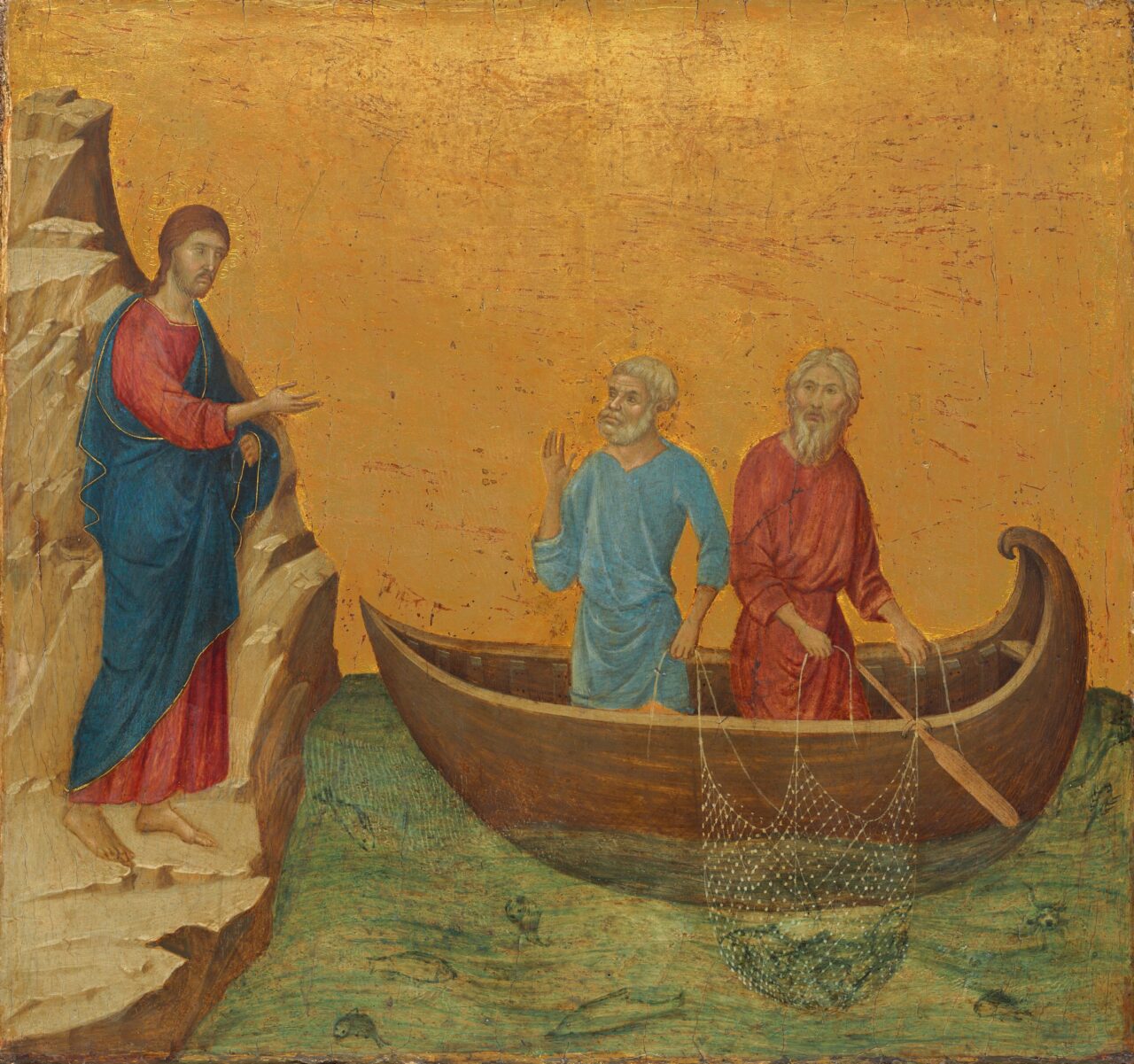The Bible talks a great deal about brothers and neighbors. We must love our neighbor as ourselves, reconcile with our brother before we present our offerings to God, and not bear false witness against our neighbor. I wish now to discuss protocol towards those who are not our brothers or neighbors. Just as the Good Samaritan was a neighbor, the Pharisee and Levite were not. The world is full of people who cannot care for us, for whom we cannot set aside time. More specifically, though, I’d like to check our stance towards unbelievers, predominantly through the lens of the Protestant concept of sola gratia.
The underlying theory behind sola gratia, to the best of my understanding, is that free will doesn’t exist except that which God allows, and is only given to a certain few. Humankind by default will follow a set of personal desires, natural laws, and God’s will. This behavior is inerrant, meaning that humans cannot resist these patterns. However, with the salvation purchased from Christ’s blood comes the tools by which salvation can be accepted, most notably free will. It is then up to those chosen to accept God’s offer. Many are called; few are chosen.
It is important to understand that Christians, with our mortal lack of insight, cannot tell who has God’s gift of free will and who doesn’t. We usually can’t tell the symptoms, if any exist in the first place. God’s reasoning defies human conventions. Christians should therefore cast as wide a net as possible to collect God’s chosen. We should look everywhere and treat everyone as if they could someday become our brothers and neighbors. This isn’t to say that we should treat everyone as brothers and neighbors; we only have so much of our attention to give. A gentle demeanor and a joyful heart go a long way, though, and they cost us little to nothing.
Sola gratia means further that we cannot expect non-Christians to behave like Christians. According to sola gratia, they lack the willpower to resist the circumstances that brought them to or keep them in their sin. When we see a nymphomaniac satanist who brags about a lifestyle of debauchery and degeneracy, we tend to react with harsh disgust. It’s good that we feel disgust, because such a spectacle wouldn’t cause friction without the righteousness of God within us. However, these actions are compulsory without the light of God. Disgust is not the appropriate reaction but rather pity. We are to pray for those who persecute us, not so that we would be liberated from them but so that they would be liberated from their own shackles.
This applies even outside of the concept of sola gratia. I’m reminded of the laws God provided the Israelites, and how misunderstood they commonly are. God didn’t expect the Babylonians or the Persians to eat kosher; in fact, that might have been the point. God was separating the Israelites from all other peoples, so that they could be His people and His people alone. Albeit imperfect, the Hebrew nation would be the vessel through which God presented Christ to the world. The same logic and reasoning can apply to Christianity. God has chosen us, and that comes with expectations. To be a Christian is to suffer alongside Christ, to suffer for Christ. Why would we expect those outside the Christian faith to do the same?
I suppose words of hope are in order. The world is decayed past the point of return, and there is little hope for so many. Yet for all this, God is making a new heaven and a new earth. He is drawing a select few from across our planet to escape the destruction and join Him in the hereafter. We are the agents He has chosen to collect the faithful. The duties are many and the expectations are high. Yet even so, it is a privilege to work for the Almighty.
Image: The Calling of the Apostles Peter and Andrew by Duccio di Buoninsegna.


Leave a Reply